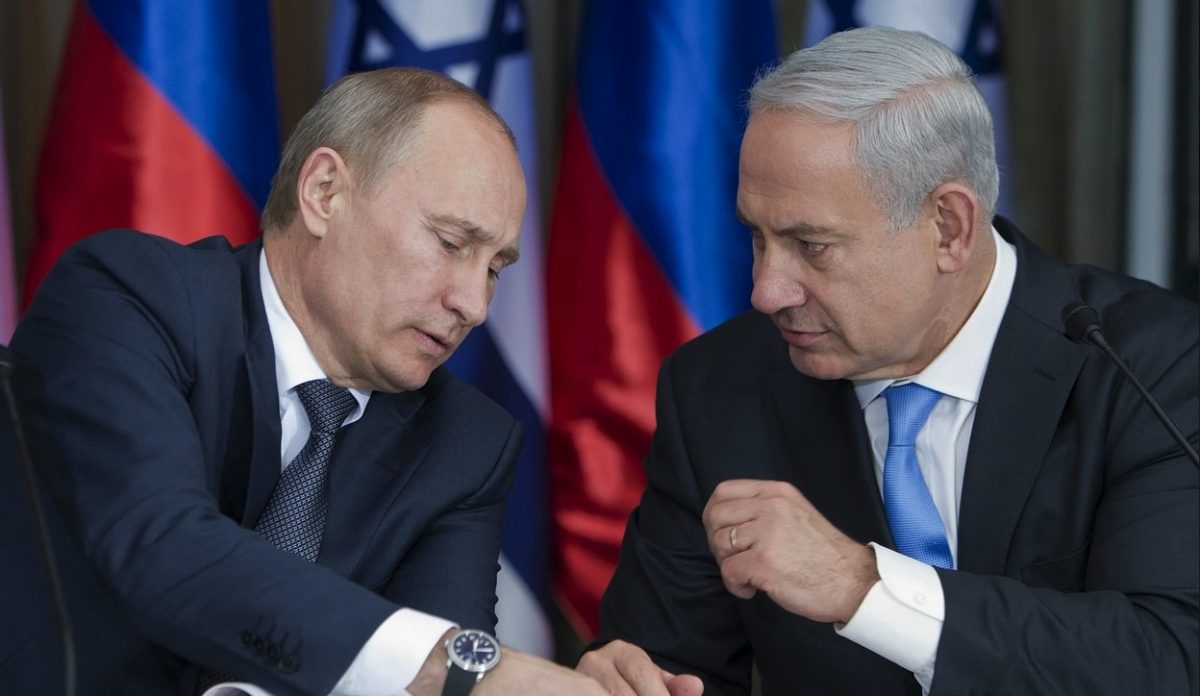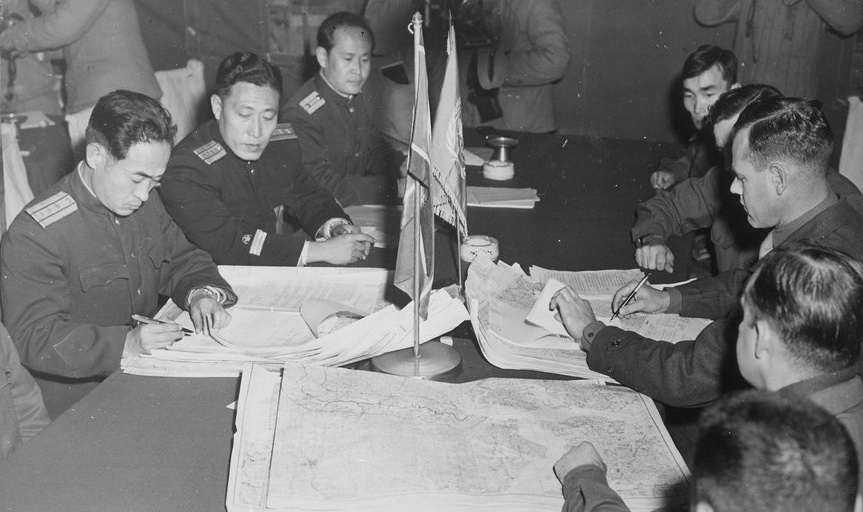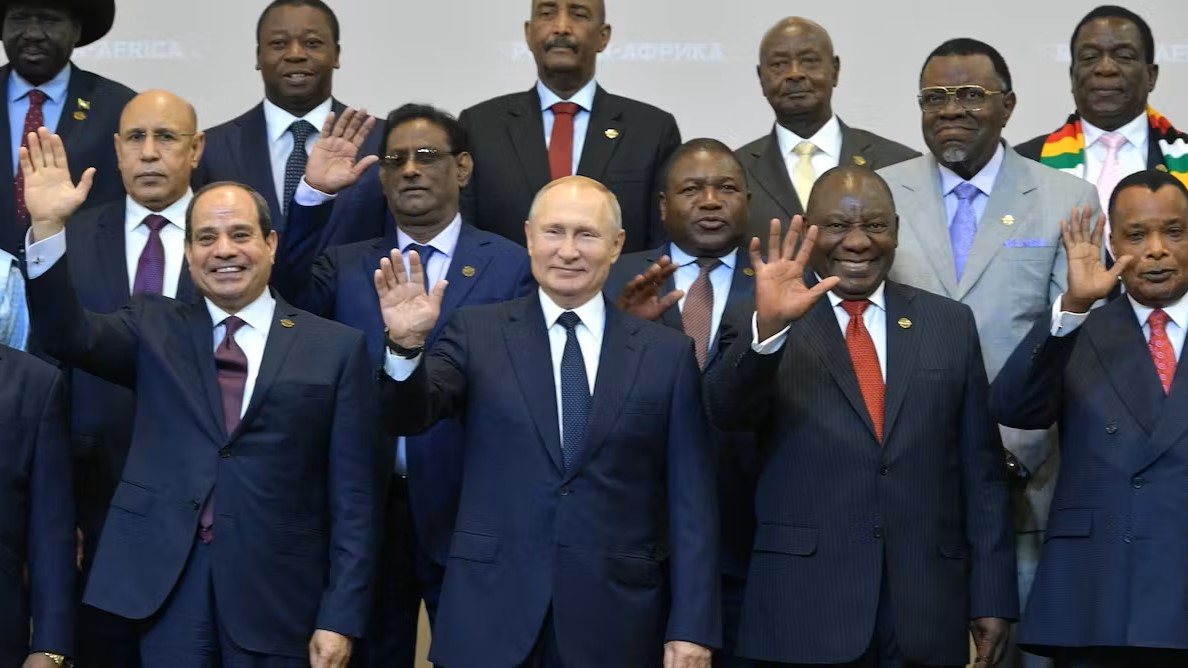The above photo is from a meeting Pres. Putin had with PM Netanyahu in 2018, when they fine-tuned some arrangements for coordination (“deconfliction”) in Syria
On December 13, I made a first stab at analyzing some of the regional and global repercussions of the recent rapid disintegration of the Asad government in Syria– and indeed, also, of the Syrian state’s entire defensive capability, which Israel bombed to smithereens in the days (and hours) right after the collapse of Pres. Asad’s government on December 8.
Over the past week I have learned more, and I hope come to understand more, about the decision-making in Moscow that was a vital factor in Asad’s collapse– and also, about the possible effects of this collapse on the regional dynamics within West Asia, and on the worldwide balance of power in an era of rapid geopolitical change. In this essay I will sketch out some of my current thinking/understanding on these matters so crucial to the fate of humankind.
Continue reading “Setbacks for the Axis of Resistance and for progress to a multi-polar world”




